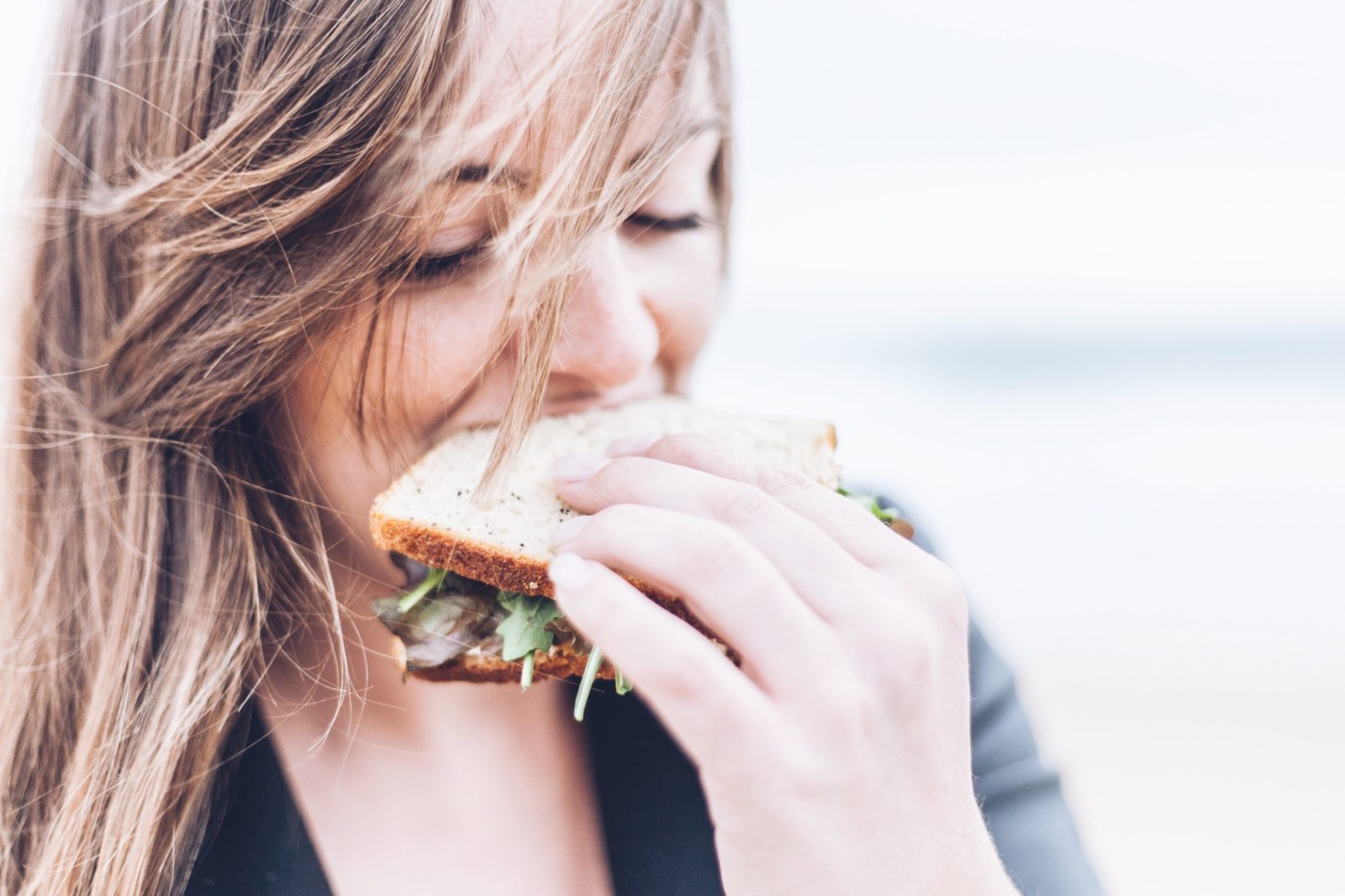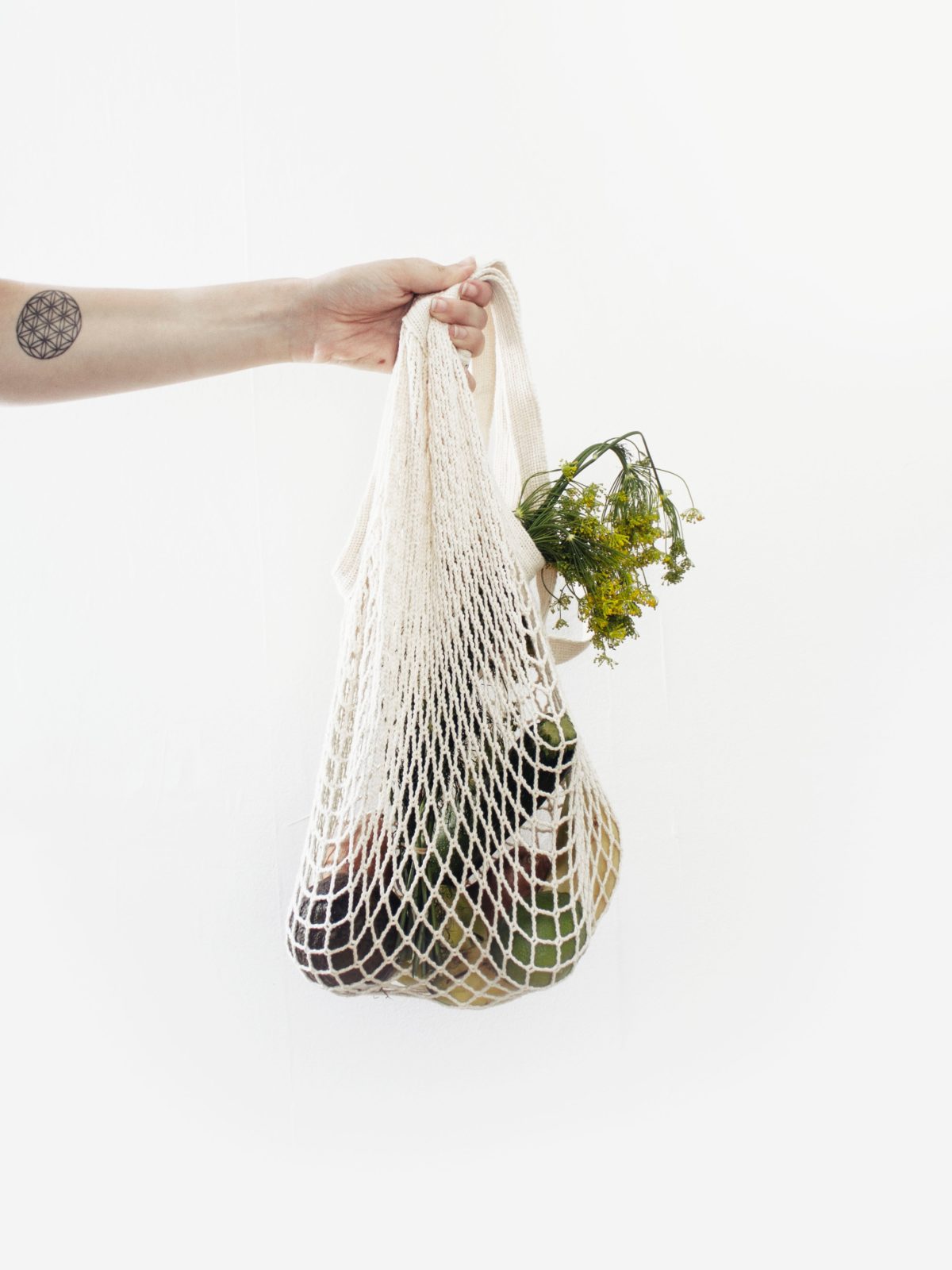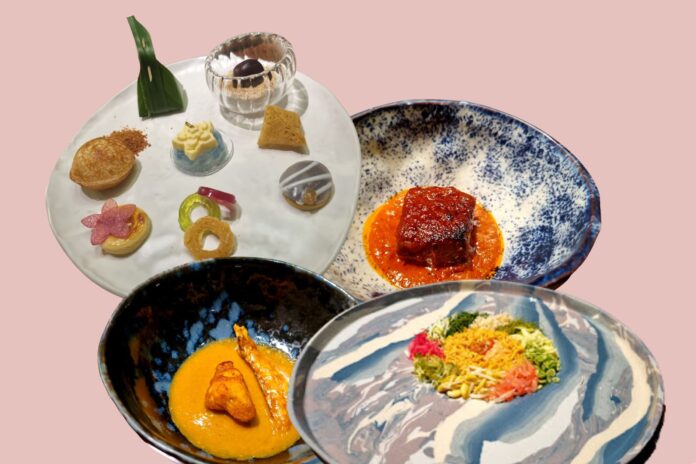The annual ascetic athletics have begun. We hope January will successfully unpickle the country’s collective liver, lower our blood pressure and cholesterol, and generally have us thinking about our consumption in a new, mindful way. That said, when midnight on the 31st chimes, pass me a bottle of whiskey, a massive steak and don’t mention abstinence again until next year, please.
Just kidding. Instead of simply ticking a date off and going back to our old ways, this period should be the start of something more thoughtful, consumption wise. With this in mind, here are 5 IDEAL ways to eat more responsibly in 2021.
CHANGE THAT MEAT FREE RATIO
One day in seven, and a rarely observed one even then. C’mon guys, we can do better than this, surely? Common knowledge dictates that eating meat nearly every day isn’t good for us or the environment. Others will counter; worldwide it supports millions of independent businesses, and the extent of the environmental impact of a high protein diet is still actually up for debate. Not forgetting, too, that meat and dairy are just so bloody delicious.
How about a little compromise then? Because 14.3% off, 85.7% on, isn’t really a fair divvy up, let’s be honest. Instead, why not try to have three or four days a week of a plant-based diet, and three or four including meat, fish and dairy? Something needs to change in our eating habits, and a manageable, mindful, meat-free(ish) approach is the best place to start.
THERE AREN’T PLENTY MORE FISH
It has been reported in recent years that the world could run out of fish by 2048 if we don’t change the way we fish and eat. Something has got to give, and sharpish. It’s time to eat fish more sustainably, and this starts with which species we shop for. Speaking broadly, if we can reduce the demand for Britain’s beloved Big Five of cod, haddock, prawns, salmon and tuna, then overfishing of these particular types can hopefully be reduced. Instead seek out sustainable, relatively bountiful alternatives like hake and arctic char. For an up-to-date, extensive list of what we should be buying, check out the Marine Conservation Society’s Good Fish Guide; an incredibly useful resource.
KEEP IT LOCAL, KEEP IT SEASONAL
Another way to reduce your diet’s impact on the environment is to focus more of your shop on food which is currently bang in season and grown locally. If you have a hankering for mango in January, for instance, then it’s probably going to have travelled a really long way to reach you; that’s air miles racked up and a carbon footprint well and truly trodden.
Instead, go for foods which have taken the least possible distance to your door. They’re going to be fresher, taste better and contain more nutrients, too. So you’ll be helping your health, your palate and your wallet, as well as the environment and your local community, not some huge, commercial operation. There really is no reason not to.
AIM FOR ZERO WASTE
It’s truly shocking just how much perfectly edible food we throw away. With the rise in food banks and child poverty brought about by our farcical, feckless government, this is something we should all feel deeply ashamed of. So, do your best to only buy what you need, and turn any excess into something delicious wherever possible. Make sure your voice is heard in the fight against hunger, too, by petitioning Downing Street and contacting your local M.P to voice your concerns and convictions.
MAKE A STAND ABOUT PACKAGING
We all saw it on Blue Planet 2 last year. We’ve heard scientist’s regular warnings on the radio. We read the environment secretary’s realisation this was a thing in the newspaper. But still, we wonder when this all might sink in; our use of plastic is way out of hand. And while we can’t trust our leaders to do anything significant to arrest this – piss up and brewery spring to mind – and in fact, because of this; it’s up to us, the little guy, to make a big difference. ‘But it’s just a drop in the ocean’, we hear you say. Indeed, but an ocean soon to be empty of existence.
Does every banana need its own plastic sheath? Who actually needs a plastic bag to carry the plastic wrapped sandwich you just bought? Two straws in a takeaway plastic cup? Really? The amount of plastic and packaging is ridiculous and seriously damaging to our environment. Make a stand by only supporting retailers who are trying to eliminate their use, taking a rucksack to the shops instead of paying for a bag, saying no to straws and by boycotting places which, despite all the warnings, still aren’t acting responsibly.







